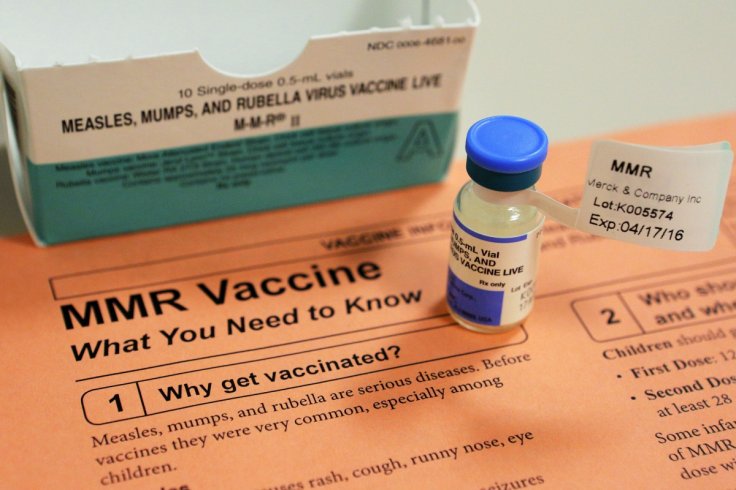
The New York State Department of Health has warned public stating that an Australian national diagnosed with measles has visited several attractions, hotels and the Metropolitan Museum of Art from February 16 to February 21, 2018. The Department of Health also informed that the infected person might have potentially exposed measles to others. However, the chances of getting infected with measles are pretty low, especially among people who are immunized.
The authority has also asked people without immunization to contact a healthcare provider if they face symptoms of measles which includes, rash, cough, fever, pink eye and running nose. Symptoms of measles usually appear 10 to 12 days after the exposure.
The Department of Health also released a chronology of the tourist's travel route.
• Feb. 16-19: La Quinta Inn, 31 West 71st St., New York
• Feb 16-17: Oasis Bible Tours at the Metropolitan Museum of Art, 1000 5th Ave., New York
• Feb. 19: Watchtower Educational Center, 100 Watchtower Dr., Patterson, N.Y.
• Feb. 19-20: Best Western Hotel, 1324 Atlantic Ave., Brooklyn
• Feb. 20-21: Comfort Inn & Suites Goshen — Middletown, 20 Hatfield Lane, Goshen, N.Y.
• Feb. 21: Excel Urgent Care, 1 Hatfield Lane, Goshen, N.Y.
• Feb. 21: Orange Regional Medical Center, Emergency Department, 707 East Main St., Middletown, N.Y
But measles may turn deadly contagious for people who are not immunized. Experts believe that there is 90 percent chance of getting infected if a nonimmunized person ventures near an infected spreader. The virus which reaches the air through coughs and sneezes have a lifespan of up to two hours in the open air, which drastically increases the risk of spreading.
Statistics from the Centers for Disease Control and Prevention, US says that 9 out of 10 kids in the country receives proper measles vaccination, and the vaccine's effectiveness rates are above 90 percent.
However, antivaccine campaigns are alarmingly gaining popularity in the United States. Many people who support this move claim that taking vaccinations will result in developing autism among kids. Even though that belief has long been discredited, it has taken deep roots in the country.









